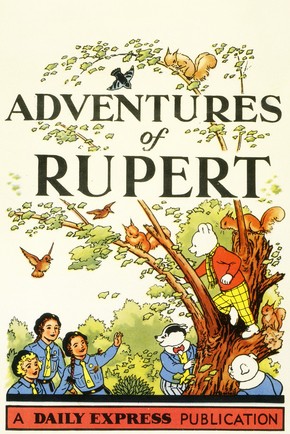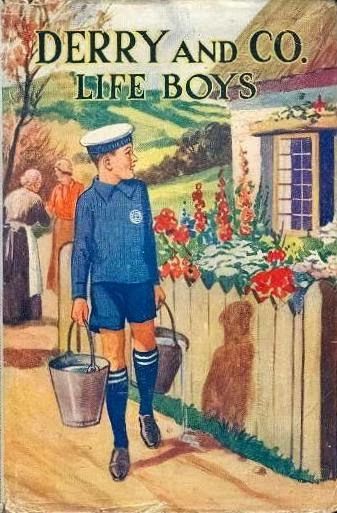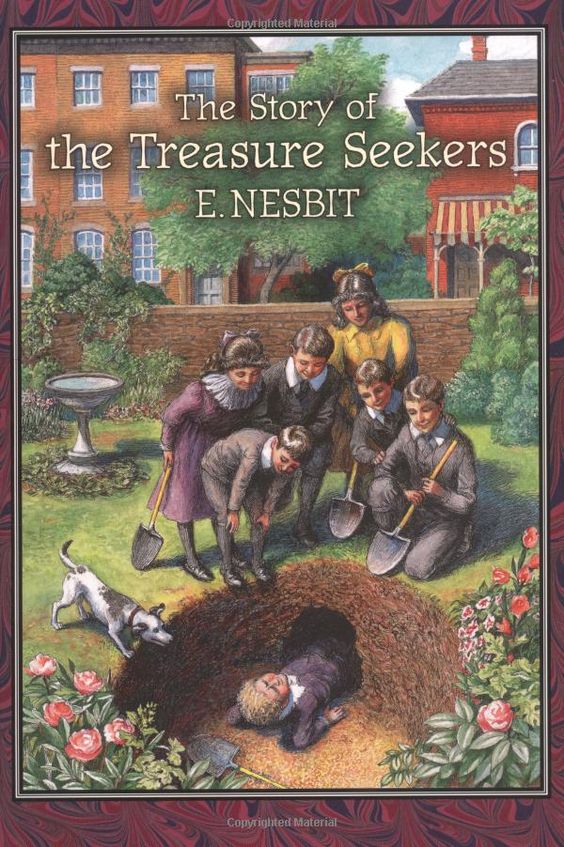|
|
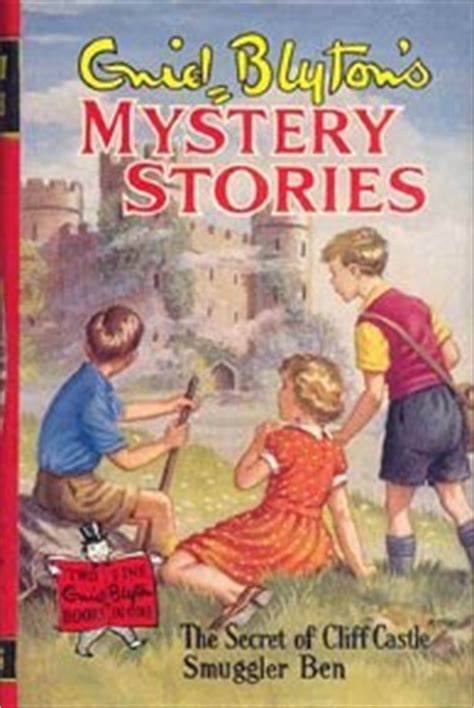 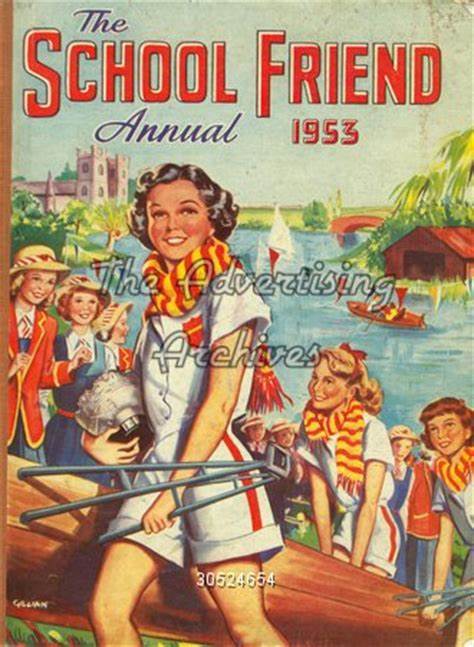 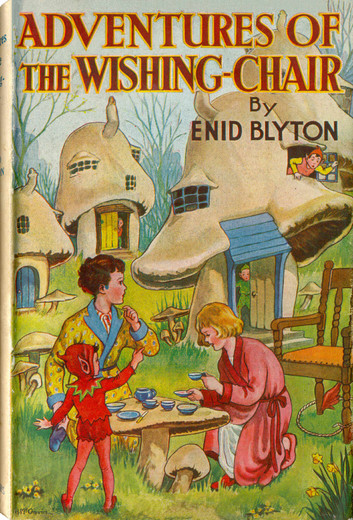 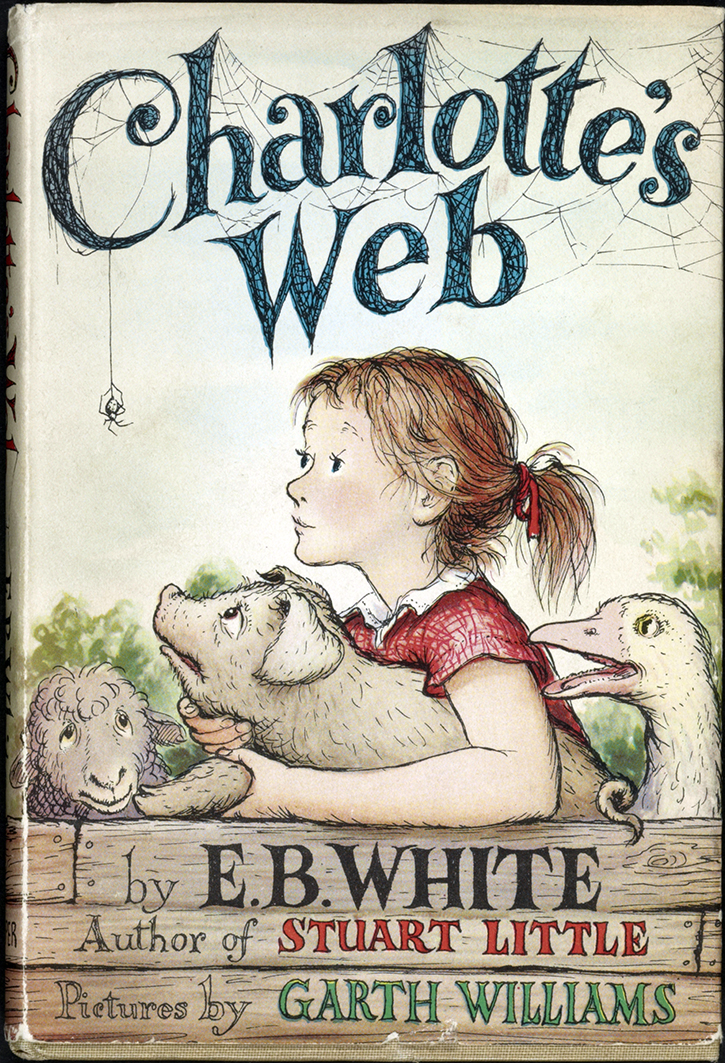 Editor's note: I've split the Growing Up page into several different chapters which you can access by clicking on the links in the list below. Previous "Growing Up" articles:
The next update of this page will be in the May issue...
(April
2022): The daytime book I'm reading at the moment is Steven McGann's
Flesh and Blood. A word of explanation first, though: I always have two
books on the go, one for the daytime, one for when we go to bed. The
daytime book is almost always nonfiction; the nightime book is always
fiction - a Stephen King, a Stuart MacBride, a Bernard Cornwell. My
nighttime book at the moment is Harlequin by Bernard Cornwell, and it
tells the fantastic story of Thomas of Hookton, an English Longbowman.
I've read it many times before, of course, but that doesn't matter to
me. Books are meant to be kept and read over and over again, if they're
any good. Bernard Cornwell is the very best historical story writer
there has ever been, in my opinion.
Steven McGann plays Doctor Patrick Turner in my favourite TV drama, Call the Midwife, and he's a very good actor; he's also very good at writing. Having now re-read the original Call the Midwife companion, the ten year anniversary companion, Call the Midwife: A Labour of Love, which was excellently compiled by Steven, and Steven's own Call the Midwife book: Doctor Turner's Casebook, I thought I would re-read his Flesh and Blood, which traces the origins of the McGann family back to the Irish Famine of the mid-19th century. First and foremost, it's about genealogy, and it makes the point, early on in the book, that although there are millions of records we can access in order to build our family tree, there is no substitute for quizzing your own family members.
In my case, I left it far too late to do that with my
family, and by way of a digression from my normal reminiscences of
family life in the fifties and sixties, I thought I would try to
remember how, when it came to compiling the family tree, I came up
woefully short because I hadn't ever asked the right questions of the
family members I grew up with on a daily basis. It's now too late, of
course, because they're all dead. First of all, every
member of my immediate adult family that I knew when I was old enough
to be aware of them, came from London. This was a given fact: Dad was a
true cockney, Mum was born in the East End, in Camberwell. The nuclear
family that existed in Gloucestershire in the late 1940s comprised the
following members: Mum, Dad, my sister Jean (born in Brockworth) and me
(born in Brockworth); in the next street
lived my Gran, my uncle John and my uncle Ernie; at the end of our road
lived Uncle Bill and Aunt Elsie, and their two boys, Brian and Peter
(Both born in Brockworth);
in the same street as Gran and the two uncles lived Great Uncle Ernie
and Great Aunt Grace. We all lived in the village of Brockworth, whose
population in 1950 was c4,250, and all of the adults in our family were
from somewhere or other in London. We younger members of the
Norman/Kimber
family were all born in Brockworth, the village where they roll the
cheeses down Cooper's Hill on Whit Monday. In the next village along,
Hucclecote, going towards the city of Gloucester, lived my youngest
uncle, Uncle
Leslie, with his wife Grace, and their seven children. Of course, not
all of their children were yet born in 1950. In fact, as far as I can
remember, they were all younger than me, and I was born in 1946, so
only my cousin Gail would have been born in or around 1950, the other
six following on during the 1950s. In the village of Matson, which was
out near my grammar school, the Crypt Grammar School for Boys, which I,
Brian and Peter attended, lived my Dad's young brother, Uncle Eddie,
and his wife Aunt Joyce. These were the Normans and Kimbers at the
mid-century stage.
The other side of the family, Dad's three
sisters, Aunt Florrie, Aunty Ivy and Aunt Doris, started out as Normans
but became, respectively, Chorleys, Sleets and Eldreds. They all lived
still in Greater London, or rather in what we thought of as Essex: in
Rainham, in Hornchurch etc. Aunt Florrie,
my favourite Aunt, married Leslie Chorley, who died, and she
subsequently married Leslie's brother Stanley, but not before giving
birth to my cousin Colin, who married a "Bunny" Girl, Dawn, one of
those
attractive blonde girls who cropped up in the Playboy clubs of the
1960s. They had a son, but I don't know what happened to him. Aunty Ivy
and Uncle George had two daughters, Eileen, and Sylvia. Aunt Doris and
Uncle Ernie had a boy, Stephen. Looking back, at a time when I was a
toddler getting ready to start school (see the March 2022 essay below),
I realise now that I accepted everything. Absolutely everything about
my family. And to the best of my knowledge, no one ever offered other
information about my family unless I asked. I never asked, for example,
why I only had one grandmother, and no grandfathers. I never asked what
happened to my two grandfathers, and it was only after I started to
delve into the family history by means of censuses etc., that I
discovered that my paternal grandfather, Arthur Robert Norman, had
"joined up" in the second half of 1915, and had died at the Battle of
the Somme in 1916. Here is the point at which I also realised that a
census form or an electoral register entry could only tell you so much.
Of all the family members I encountered during the several months Wendy
and I were compiling our two family trees, Arthur Robert Norman
(1882-1916) was the one I desperately wanted to know more about, mainly
because he, along with millions of others, had died in the First World
War. And
finding out more about him also unlocked family secrets that somehow
resolved themselves into some kind of Edwardian drama such as you might
read in an historical novel - of which more later.
I
discovered other documents that gave me clues as to what might have
happened to my paternal granddad and how he had died. I knew that he
was a rifleman, a "tommy" in the Duke of Cambridge's Own (Middlesex)
Regiment. I
found his medal records; I found the diaries of the regiment and
learned that on that fateful day August 18th 1916, my granddad was one
of 70 "other ranks" who died. Here's the actual transcript of the
regimental diary that records his (anonymous) death:
August
2nd: Moved off at 4:30am by road, reaching Sailly-le-Sec 7:30am. Rested
by river for day, moved off at 6:30pm to HAPPY VALLEY reaching there at
10:30pm. Camped there. Training each day 5:30-9:00am.
August 8th: marched across ridge to camp.....(there is more, but it's
not important)
August 17th: Battalion moved up into trenches...(there is more, but
it's not important)
August
18th: Lieutenant Burt first wounded by own shells then killed while
going down to dressing station. 2nd Lieut. de Pass wounded in shoulder
by own shells. Capt. Middleton & Reeves and Lieut. Parkes
buried in
Teale Trench and were dug out. Capt. Middleton and Reeves went to
hospital.
2@:45pm Battalion attacked Guillemont trenches but was
held up just outside them... Capts. Reed, James and Vaughan killed; 2nd
Lieuts. Adam, Birch and Black killed... about 340 O.R. casualties.
I later discovered that of the 340
Casualties, 70 died, my grandfather amongst them. It was a chilling
moment when that final "reveal" was made and I knew how my grandfather
had died.
Of
those O.R. casualties, my grandfather, Arthur Robert Norman, was one of
around 70 who died. I was immensely proud to have uncovered this
document, when other family members who were also attempting to compile
family trees had failed, even after employing professional genealogists
to help them. I don't believe I was ever able to show my findings to
cousin Eileen, who was the main amateur genealogist in our wider
family, as I've now lost touch with her. But for me, the most
significant thing about what I've found is this: the 1911 census sheet
entry for my granddad, Arthur Robert Norman, was that it recorded him
as a husband, a father, and his employment as a bricklayer. That's it
for the official census information - he's on previous
censuses,
of course, but no other information is on those official sheets, and if
I hadn't dug deeper and found the war diary of the Duke of Cambridge's
Own (Wessex) Regiment, all I would have known was that he died at the
Battle of the Somme. The Battle of the Somme wasn't just one long
massive battle like you see pictured in films like Lord of the Rings -
it was a
series of "skirmishes" and encounters, at which hundreds of thousands
of "tommies" died and were recorded as "other ranks". There was nothing
left
of my granddad, and his is one of the many thousands of crosses at the
Thiepval Memorial - his name is carved into the stone of the memorial.
From that I deduce that he may have been blown to smithereens and his
body never found or recovered. A professional genealogist might be able
to confirm that but the official records do not record it. My Dad never
spoke of his father or his mother to me or to any other family member,
and I doubt he would have told me anything about that family secret I
subsequently uncovered, not by querying official records or anything
like that, but more by piecing things together and remembering
conversations from family visits, as follows:
My paternal
grandmother, left with four children after the death of my granddad at
the Somme in 1916, could not cope. She abandoned her children to one of
my granddad's brothers, Leopold Septimus Norman, and his wife. My gran
went on to marry a man called Matthews and they had my Uncle Eddie, who
came to Gloucestershire to live in Matson with his young wife, Aunt
Joyce, as I mentioned earlier. We saw our uncles every week, several
times a week - Uncle Eddie was a frequent visitor to our home in
Brockworth, and reunions with my Dad were always joyous and boisterous
and involved pub visits and getting drunk, which my Mum described as
being "merry". It put me off alcohol forever, but I was always ready to
wait for my Dad to sober up and join in the general family fun when he
was ready. He wasn't an alcoholic, but he loved strong drink and it
often made me feel uncomfortable. He was a brilliant Dad. But he never
spoke about the family rift (his Mum abandoning him to Uncle Leo). Not
ever. And there was no one else to ask about it. I do recall hearing
from one family gathering, that Uncle Eddie had been "rescued" from the
Matthews family and brought into the safety of Uncle Leo's family to be
brought up, and that was why there was such a special bond between my
Dad and Uncle Eddie.
Similarly, I never
asked Mum or my one single Gran (whom I adored) about her husband,
Henry William Kimber, who died in 1943. I see, from reading what I've
just written, that there are important family members whose wartime
experiences (including dying, of course) I still have to investigate. I
never asked. Steven McGann's book makes this point many times - the
best source of genealogical information is family. Ask your family what
they know, what they remember. For me, it's too late. As far as I know
I'm the oldest surviving member of the Norman family, and it's
therefore too late. One of the reasons for writing about growing up in
the 1950s and 1960s is to uncover memories that I may have forgotten,
memories that may fill in some of the gaps that still remain in the
family tree. And I still have no idea wbout the wartime exploits of the
uncles who came back: Uncle John, Uncle Ernie, Uncle Bill, Uncle
Leslie, and Uncle Eddie. Why, for example, did Uncle Leslie come back
with malaria? Where was he during the war? Japan? The Middle East? More
"growing up" next month, but I wanted to make the point that maybe,
just maybe, one of our children might want some day to know about our
family history (in all its glory), and even if they don't get around to
asking me, it will be here for them to read. I will make sure this page
about my childhood and about the nuclear family of Norman-Kimber will
be recorded for them to read to the best of my ability. I'll put a
printed copy of all of these notes in the fireproof/waterproof document
holder in the folder that contains the two family trees, and I'll know
I've done everything I can to remember as much as I am able. So,
starting next month, (May 2022), you'll be able to read my complete
life story (so far) in proper chronological order, if you want
to, together with various asides about my ancestors and what I
know and have been able to find out from my researches. This is how it will start, and this paragraph will be repeated at the top of the Growing Up page in May:
I was born Paul Edmund Norman on Friday 13th September 1946, at number 72 Boverton Drive, Brockworth, Gloucester in the county of Gloucestershire. The district nurse who delivered me, at 8lbs, 10 ounces, was Nurse Doyle, and she told my mother that she believed I might be a German baby, because of my square head. (Germans were known as "square heads" during WWII because of the shape of the infantrymen's helmets. Although there were no German prisoners-of-war in Brockworth, there were Italian prisoners-of-war in a camp of Nissen huts immediately backing onto our rear garden at number 72, although in the year I was born, those prisoners-of-war had been released; many went back to Italy, some remained in Brockworth and elsewhere in Gloucester. I do not believe that I was anything than a genuine English "baby boomer", probably the result of my parents' activities the previous Christmas... My nuclear family at the time of my birth comprised... (to be continued in the May 2022 issue of Books Monthly) The small print: Books Monthly, now well into its 24th year on the web, is published on or slightly before the first day of each month by Paul Norman. You can contact me here. If you wish to submit something for publication in the magazine, let me remind you there is no payment as I don't make any money from this publication. If you want to send me something to review, contact me via email at paulenorman1@gmail.com and I'll let you know where to send it.
|
|
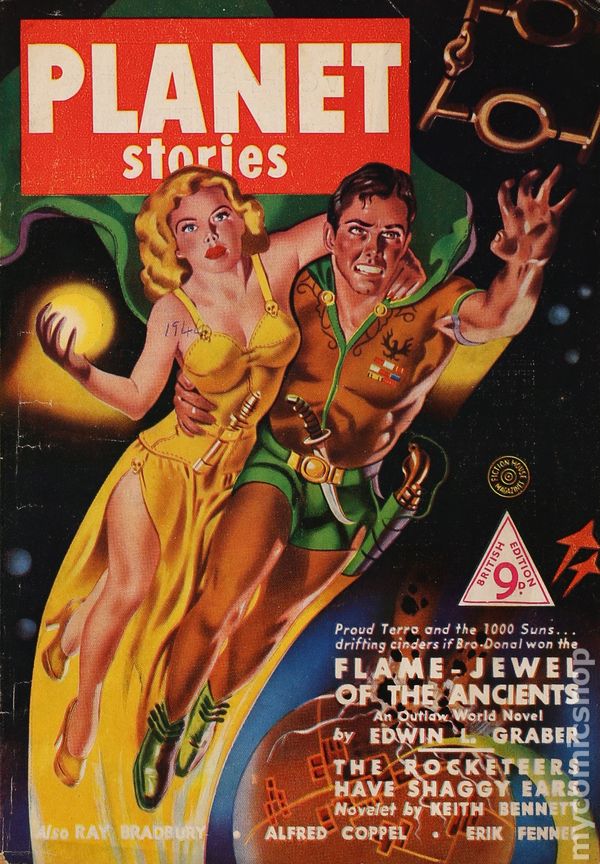
,
|
